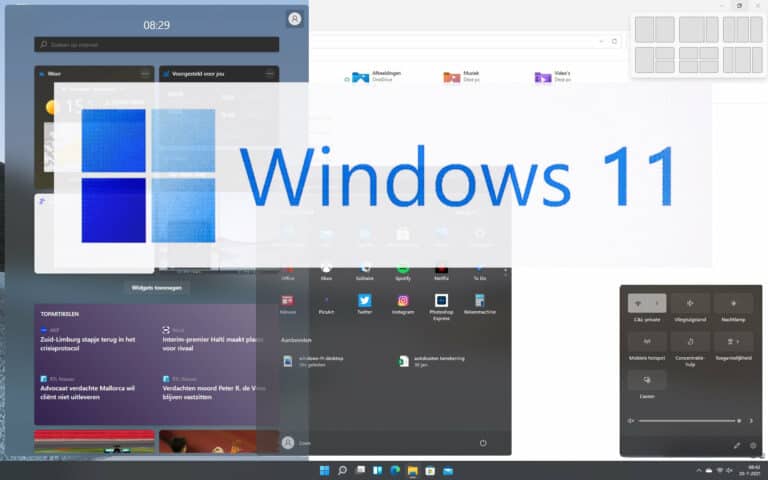Microsoft does not want to publicly say it will not stop you if you manually install Windows 11 on older or incompatible PCs. It doesn’t however supply security updates to those systems. The company has come under fire for the stringent hardware requirements of its upcoming operating system, slated for a formal release by the end of this year.
The machines required to support Window 11 will need TPM 2.0 support, an 8th generation or newer Intel Core processor, a Zen 2 or newer AMD processor (or suitable Qualcomm system-on-chip), UEFI Secure Boot, at least 4GB of RAM, and a minimum of 64GB of storage.
What the Redmond Behemoth won’t say publicly
What those specs mean is, you need a recent machine. In an announcement on Friday, Microsoft slightly expanded the processor compatibility list to include Intel’s Core X series and X W series and a few specific devices, Intel’s Core i7 7820HQ, found in Microsoft’s Surface Studio 2. Microsoft is not compromising on its stringent requirements with this announcement.
However, what it does not want to say publicly is that you will be excluded from hardware checks if you install the OS manually from an ISO file or use Microsoft’s Media Creation Tool.
Private loophole
The loophole is not a publicly acknowledged thing and was not included in the announcement. However, journalists were informed of it in private. If you run Windows 11 on unsupported hardware, you are on your own with no support, security and software updates guarantees, or sympathy from Microsoft. Companies will have no choice but to buy new computers, you can’t risk it without support.
The company warned that devices that do not meet the criteria could crash. It seems Microsoft wants people to know they can try to use Windows 11 on their PCs, regardless of hardware requirements, without condoning the installation of the OS on unsupported machines.
